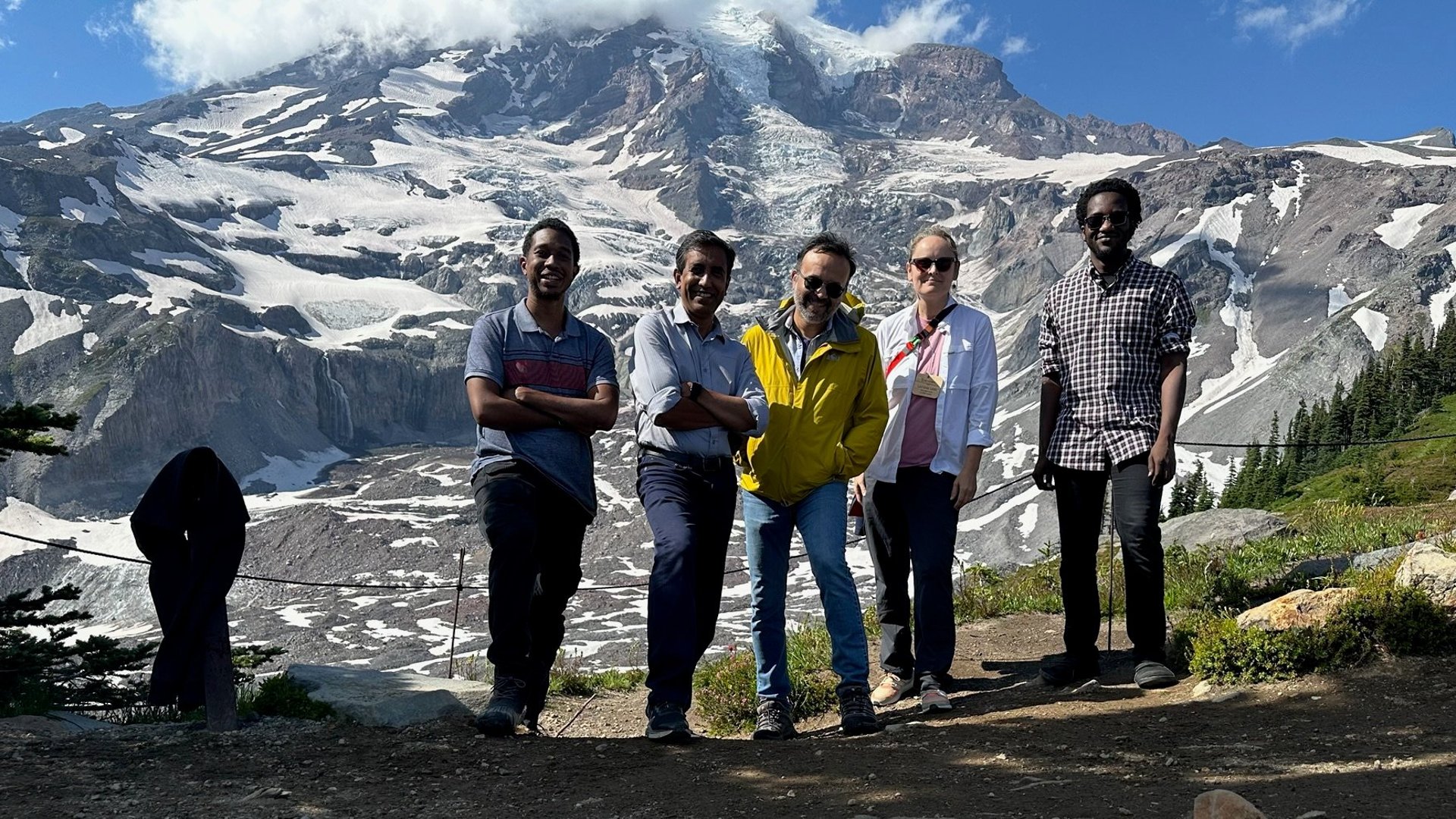

This summer, UCF PREM faculty and students teamed up with the University of Washington’s MRSEC for their annual retreat at Pack Forest. Amid towering Douglas firs, nearly 85 materials scientists shared ideas, tackled research challenges, and built connections through student-led science sessions and poster presentations.

A summer collaboration between North Carolina A&T and UC San Diego, supported by the NSF PREM program, brought 12 A&T students to UCSD for hands-on research in materials science. Through the UC system’s RIMSE initiative, students worked alongside UCSD faculty in areas like plasmonic and biomaterials, gaining graduate-level lab experience and mentorship.
Northern Arizona University’s Department of Applied Physics and Materials Science takes a creative approach to science education through SparCQS—a collection of engaging games, demonstrations, and interactive exhibits that make quantum physics accessible to everyone. Traveling across the country, the team aims to ignite curiosity and inspire a passion for science in learners of all ages.
The FLAM Program, sponsored by the Materials Research Laboratory and the UCSB College of Engineering at the University of California, Santa Barbara, offers science and engineering students from universities nationwide the opportunity to gain hands-on research experience across a range of dynamic and innovative fields.
The 2025 MRS Fall Meeting & Exhibit will be held from November 30 to December 5, 2025, in Boston, Massachusetts. This premier event brings together cutting-edge interdisciplinary research, breakthrough technologies, and opportunities for collaboration among leading scientists and engineers—driving new discoveries in fields from quantum materials to energy and sustainability.